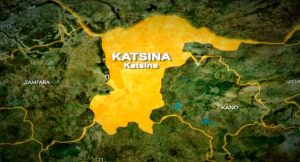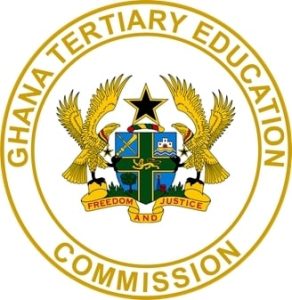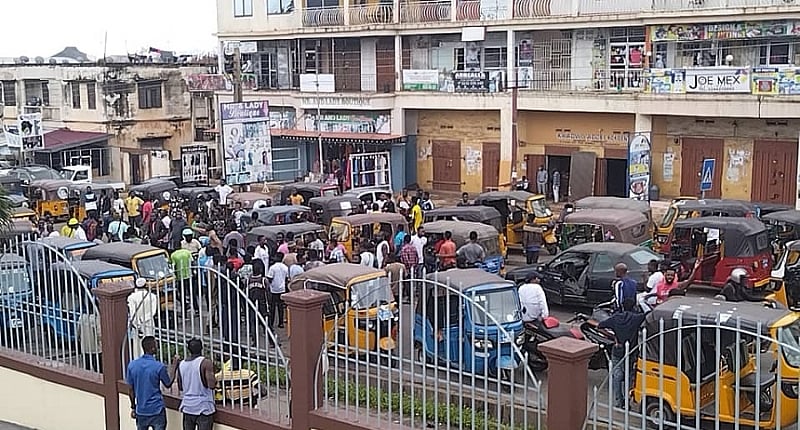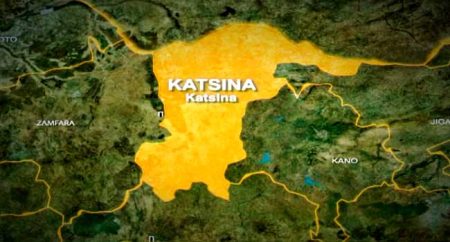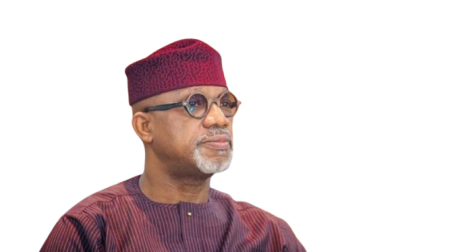The Asante Defence Force (ADF), a pressure group operating within the Ashanti Region of Ghana, has vehemently opposed the government’s proposed plan to legalize and regulate the operation of tricycles, locally known as “Pragia,” within the Central Business District (CBD) of Kumasi. Their opposition stems from a deep concern that integrating these vehicles into the already congested city center will exacerbate existing traffic problems and ultimately stifle economic activity, contrary to the government’s intended goal of job creation and economic stimulation. The ADF argues that the influx of Pragia, often operated with disregard for traffic regulations and pedestrian safety, will pose a significant danger to the large number of people who conduct business in the metropolis daily. They have issued a press statement urging the government to reconsider its decision, emphasizing the potential negative impact on both the local economy and the safety of citizens.
The ADF’s primary argument centers on the detrimental effect the legalization of Pragia will have on the already strained infrastructure and traffic flow within Kumasi’s CBD. They contend that the introduction of these three-wheeled vehicles will further congest an area they describe as “arguably the most congested open market in the West African sub-region.” This increased congestion, they believe, will impede the movement of goods and people, ultimately hindering economic activity instead of promoting it. The ADF acknowledges the government’s aim to stimulate economic growth and address unemployment through this initiative. However, they argue that the negative consequences of Pragia operation within the CBD will outweigh any potential benefits, ultimately stifling economic progress.
Furthermore, the ADF expresses serious concerns about the safety implications of allowing Pragia to operate within the bustling city center. Their statement highlights the often reckless behavior of Pragia operators, many of whom, according to the ADF, demonstrate a blatant disregard for traffic laws and the safety of pedestrians. This disregard, combined with the already chaotic traffic conditions, will inevitably lead to an increased risk of accidents and injuries, jeopardizing the safety of those who frequent the CBD for business and other purposes. The ADF believes that prioritizing the safety of citizens should be paramount and that the potential risks associated with Pragia operation within the CBD outweigh any perceived economic benefits.
The ADF also raises the issue of potential conflict with the Kumasi Mobility and Accessibility Project (KMAP), a World Bank-funded initiative aimed at improving inner-city transport in Kumasi. They argue that the introduction of Pragia could undermine the effectiveness of KMAP, potentially jeopardizing the project’s objectives and creating further complications in the city’s transportation system. The ADF underscores the importance of KMAP, describing it as a crucial project facilitated by His Majesty Osei Tutu II, and expresses concern that the government’s Pragia policy could negatively impact this important initiative.
In their appeal to the government to reconsider the proposed policy, the ADF has called for a collaborative approach, urging local authorities to join their cause. They have specifically appealed to the Ashanti Regional Coordinating Council (ARCC), the Regional Minister, and the Kumasi Metropolitan Assembly (KMA) to lend their voices to the opposition against legalizing Pragia operations within the CBD. The ADF believes that a unified front, representing the interests of the local community, will strengthen their message and increase the likelihood of the government reconsidering its decision. They emphasize the need for a dispassionate assessment of the situation and a prioritization of the long-term well-being of Kumasi over short-term economic gains.
The ADF’s opposition to the legalization of Pragia operations within Kumasi’s CBD represents a clash between the government’s perceived economic development goals and the concerns of a local pressure group regarding the practical implications and potential negative consequences of such a policy. The ADF’s arguments center on the anticipated exacerbation of traffic congestion, the increased risk to pedestrian safety, and the potential undermining of existing infrastructure projects. Their appeal to local authorities highlights the importance of community involvement in policy decisions and underscores the need for a comprehensive assessment of the potential impacts, both positive and negative, before implementing such significant changes to the city’s transportation landscape. The ADF’s call for a reconsideration of the Pragia policy reflects their commitment to ensuring the safety and economic well-being of the Kumasi metropolis.


